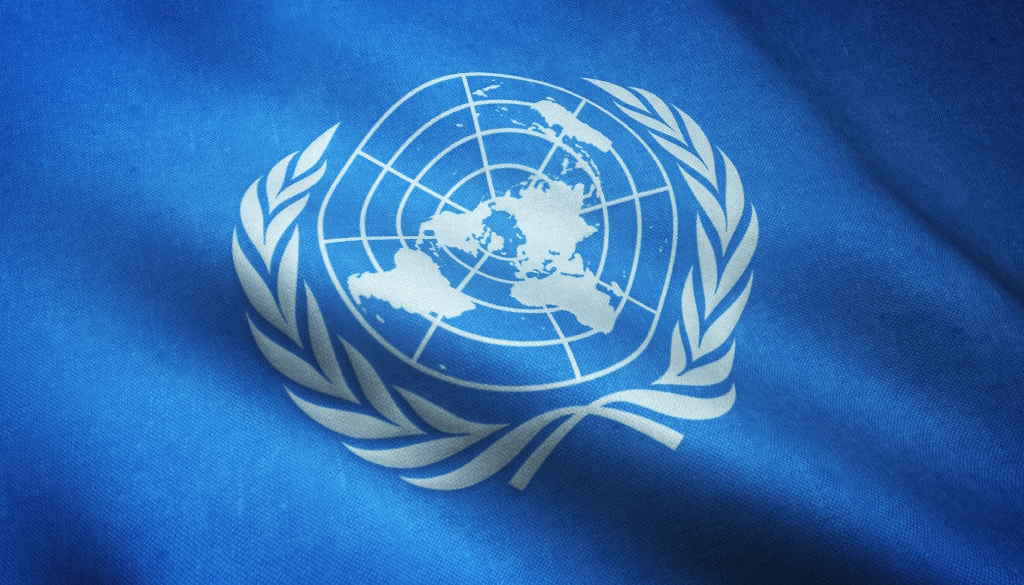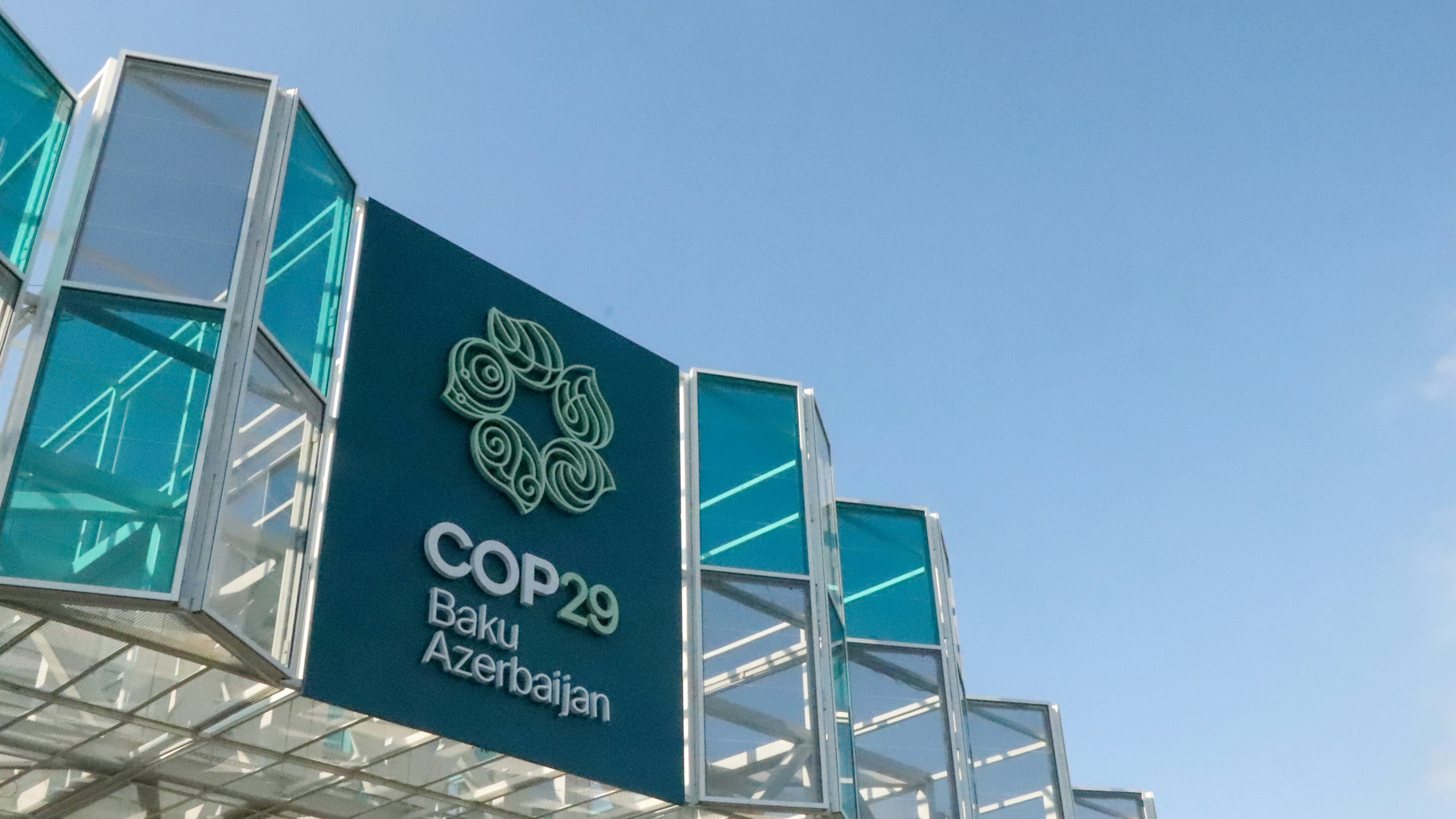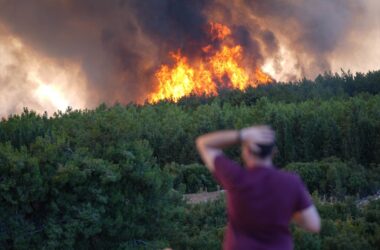(SDGTALKING) – Baku is hosting the COP29 Climate Summit, bringing together world leaders, climate activists, scientists and diplomats for two weeks of challenging negotiations. This year’s edition of the United Nations Climate Negotiations will focus on issues vital to the fight against climate change. Last year’s COP28 in Dubai attracted around 85,000 participants. A similar level of interest is expected at this year’s summit, but the intensity of the talks and the topics to be discussed are more extensive than in previous years.
Challenges of the United Nations Climate Negotiation Process
COP29 stands out as one of the world’s largest diplomatic events within the United Nations Climate Negotiation Process. A total of 197 countries and 198 parties, including the European Union, are participating in the negotiations. These parties will try to find common ground in different areas such as economic, social, financial, legal, lifestyle and infrastructural changes. But this is an extremely complex process, depending on each country’s different priorities, economic situation and environmental responsibilities. At this year’s COP meeting, countries are expected to work on a new climate finance mechanism to chart a common roadmap for tackling climate change.
The Growing Threats of Climate Change
Scientists estimate that the average global temperature rise could reach three degrees Celsius by the end of the century. This could irreversibly affect many ecosystems, with regions like Europe warming twice as fast as the global average. Extreme rainfall and devastating floods in Spain in recent weeks have highlighted the need to make infrastructure more resilient to climate change. But such infrastructure investments require huge costs and not all countries have the economic power to take such measures. Therefore, climate finance and measures to increase the adaptive capacity of low-income countries are among the main agenda items at COP29 this year.
A New Era in Climate Finance: NCQG
One of the most focused topics at COP29 will be the “New Collective Qualified Goal” (NCQG). The NCQG stands out as a structure that aims to provide the financing flow needed for poor countries to combat climate change and achieve climate goals. The NCQG is envisaged to include a budget of up to a trillion dollars a year and to provide a cheap, continuous and accessible flow of funds to achieve climate goals. These funds are expected to come largely from developed countries and international organizations.
The most important reason why the NCQG is on the agenda is to ensure that low-income countries have access to the financing needed to achieve this goal and to establish a structure where they can take more responsibility in the fight against climate. However, the debate on which countries can benefit from these funds and which countries should contribute to this financing seems to be one of the most heated topics of the summit. In particular, countries such as China, Saudi Arabia and Qatar are demanding access to climate finance as they are included in the list of developing countries determined in 1992. However, the fact that these countries have made great economic progress since 1992 makes them the target of international criticism.
Demands for Aid from Rich Countries to Poor Countries
The COP29 agenda includes not only financing for developing countries, but also demands that developed countries should provide more support for the transition to low carbon technologies. In particular, countries like Europe and the United States are being asked to take more ambitious and faster steps to reduce greenhouse gas emissions. Low-income countries, on the other hand, are demanding financial support from developed countries in order to achieve this transformation. This is because the transition to low-carbon technologies requires huge costs and many poor countries lack the economic power to meet this financial burden.
Loss and Damage Fund and Fossil Fuel Divestment Goals
Another important topic to be discussed at COP29 is the Loss and Damage Fund, which was agreed in Dubai last year. This fund, which will provide financing for countries affected by climate disasters, is planned to be further expanded and delivered more quickly to countries in need. However, where and how the fund’s financial resources will come from is still an issue that remains to be resolved. Likewise, the goal of moving away from fossil fuels in the energy sector means a challenging transition, especially for developing countries. Accordingly, countries are encouraged to update their commitments to move away from fossil fuels in energy production.
Greenhouse Gas Emissions Reduction Targets
At the summit in Baku, countries are expected to update their commitments to reduce greenhouse gas emissions and set more ambitious targets. Scientists predict that current commitments are not enough and may not prevent global warming from reaching three degrees Celsius. Therefore, COP29 calls on countries to develop more effective emission reduction strategies and take concrete steps in this area.
A tough negotiation process is expected
COP29 in Baku will be a platform for vital decisions in the fight against climate change. However, given the complexity of the negotiations and the conflicts of interest between countries, consensus is not expected to be easy. Issues such as responsibility sharing between developed and developing countries, fair distribution of financial resources and emission reduction targets will determine the course of COP29.
This summit, which started in Baku, could be a turning point for global climate policies. Over the next two weeks, delegates will try to take concrete steps towards global climate goals and seek ways to act in solidarity in the face of the climate crisis. However, the biggest challenge of COP29 will be for all parties to reach an agreement in this process.



 UN
UN 



